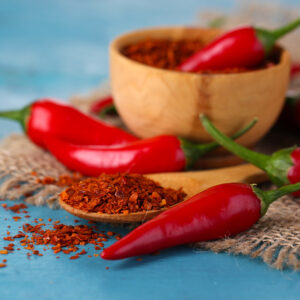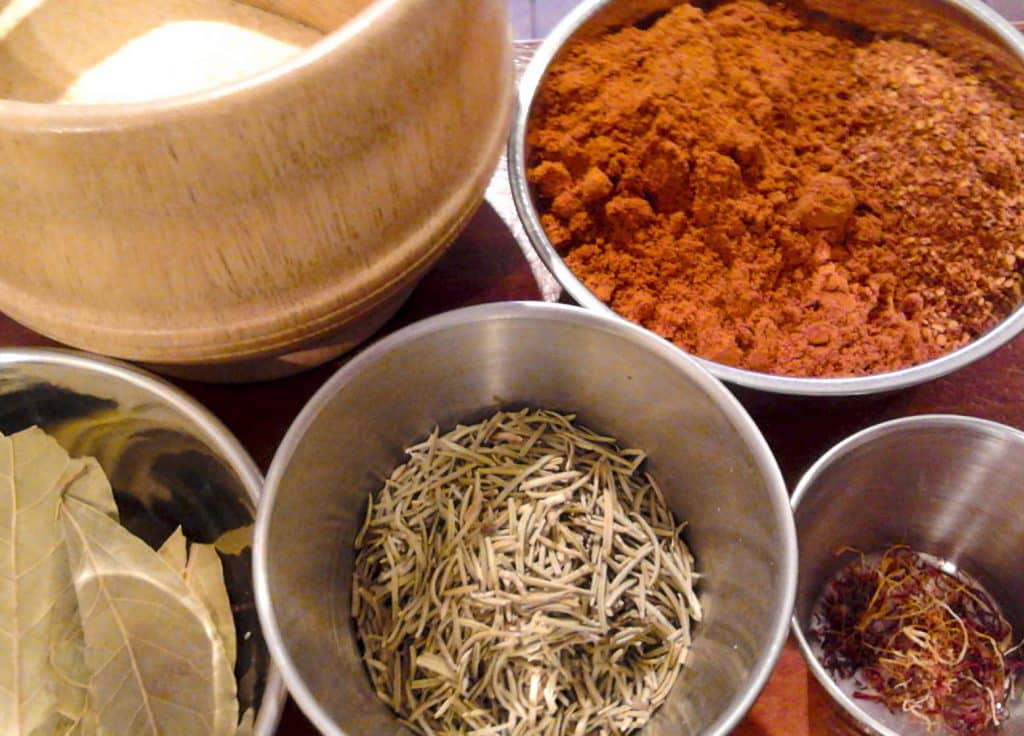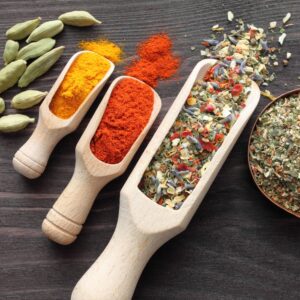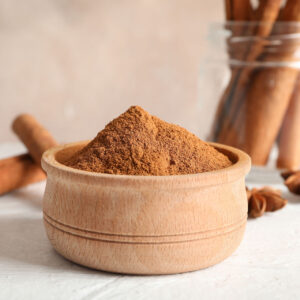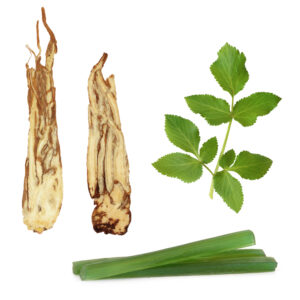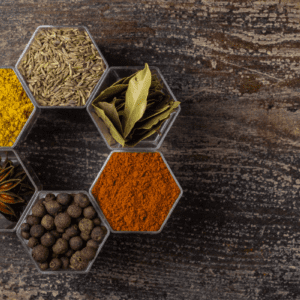Natural spices that can help with cold and flu
Even though the common cold and flu seem harmless, they can be pretty frustrating to deal with and temporarily lower your immune functions. Symptoms like cough, sore throat, and nasal congestion are very unpleasant, causing you to seek instant remedies.
While some over-the-counter drugs ultimately help, did you know nature provides several cold and flu remedies? This blog post will go over everything you need to know about natural spices and how to use them to remedy cold and flu symptoms. So, read on to learn more!
What are natural spices?
Natural spices are herbs and plant products like seeds, roots, and leaves, often containing essential phytochemicals that bind to specific receptors in your mouth to produce an intense nervous response.
Sometimes, they are peppery, and other times they are pungent, causing the brain to interpret them as toxic or dangerous. As a result, your begin to feel sweaty, experience teary eyes and feel a burning sensation in your mouth. Most natural spices and herbs for cold and flu contain capsaicin, piperine, and several other phytochemicals responsible for their spiciness.
The use of spices as home remedies for cold and flu dates back to several cultures and centuries ago, which modern science has somehow been unable to erode. Instead, there is a union between ancient treatment forms and modern medical science to create a balance with maintaining and sustaining human health and vitality.
Top natural spices that remedy cold and flu symptoms
Rosemary
Rosemary is an ancient spice, especially in ancient Indian traditional medicine for relieving cold and flu. It contains antiviral and antimicrobial properties to combat the primary causes of cold and flu.
Also, it stimulates blood flow to the brain to relieve headaches from continuous sniffing and coughing. Steam inhalation of boiled rosemary stem relieves nasal congestion effortlessly. What’s more, it adds flavor to your cooking!
Thyme
Thyme is a regular spice used for seasoning meat and other animal proteins in most kitchens. It was used in ancient Greece as incense and Egypt for embalmment because of its preservative properties.
However, thyme helps relieve cold and flu symptoms for medicinal purposes by clearing your airways, boosting your immune system, and fighting bacteria and fungi. It is also high in antioxidant content like vitamins C and A to promote your immune functions.
A thyme infusion used to prepare thyme tea with honey helps clear nasal congestion and mucus to relieve cold and flu symptoms. Thyme-infused honey also works as an effective home remedy for cold and flu.
Ginger
Ginger is very effective on the digestive tract and for activating the heat systems of the body because of its ability to raise basal metabolic rate and general body temperature. You can use crushed ginger to prepare ginger tea to induce sweating, especially when trying to break a fever.
Galic
Although you might be uncomfortable with the smell of garlic, it is a very potent herb and spice. It is highly medicinal, noted for its anti-inflammatory, anti-microbial, and antiviral properties. Essentially, cold and flu are caused by microorganisms, which weaken your immune functions.
You can either use garlic as a spice to add flavor to your meat and fish seasonings or prepare a herbal infusion with some garlic cloves. Alternatively, some people prefer to swallow a whole garlic clove to beat the smell while getting the home remedy benefits of garlic.
Garlic has over the years been effective in not only treating cold and flu symptoms but also regulating blood pressure and treating cardiovascular disease by lowering blood cholesterol levels.
Bottom line
The use of herbs and spices as natural remedies in addition to food flavoring is as old as human civilization. However, you should ensure that you use only organic and naturally grown spices as home remedies. Also, because home remedies are difficult to measure unlike over-the-counter drugs, you should only consume them in little quantities and watch for their therapeutic effects. Remember to discontinue consumption if you notice any allergic reactions and report them to your healthcare provider.



